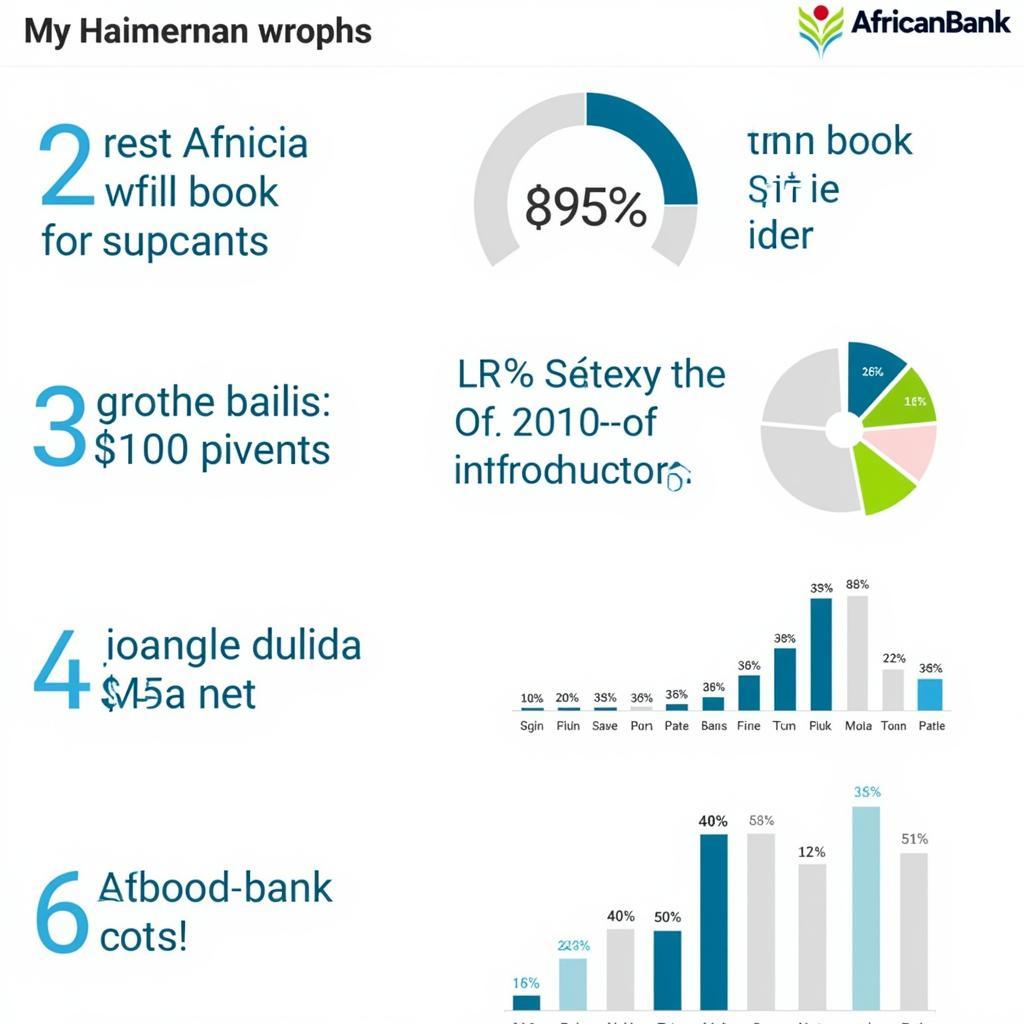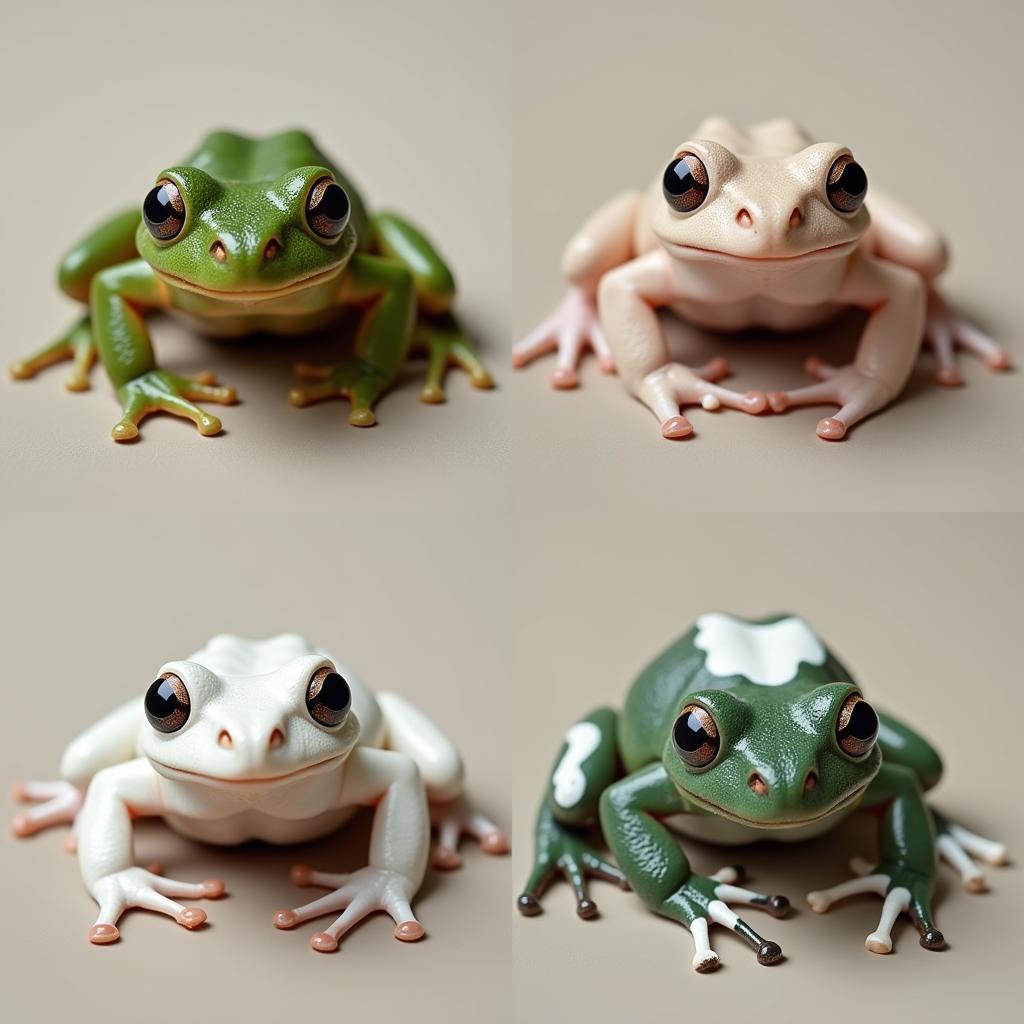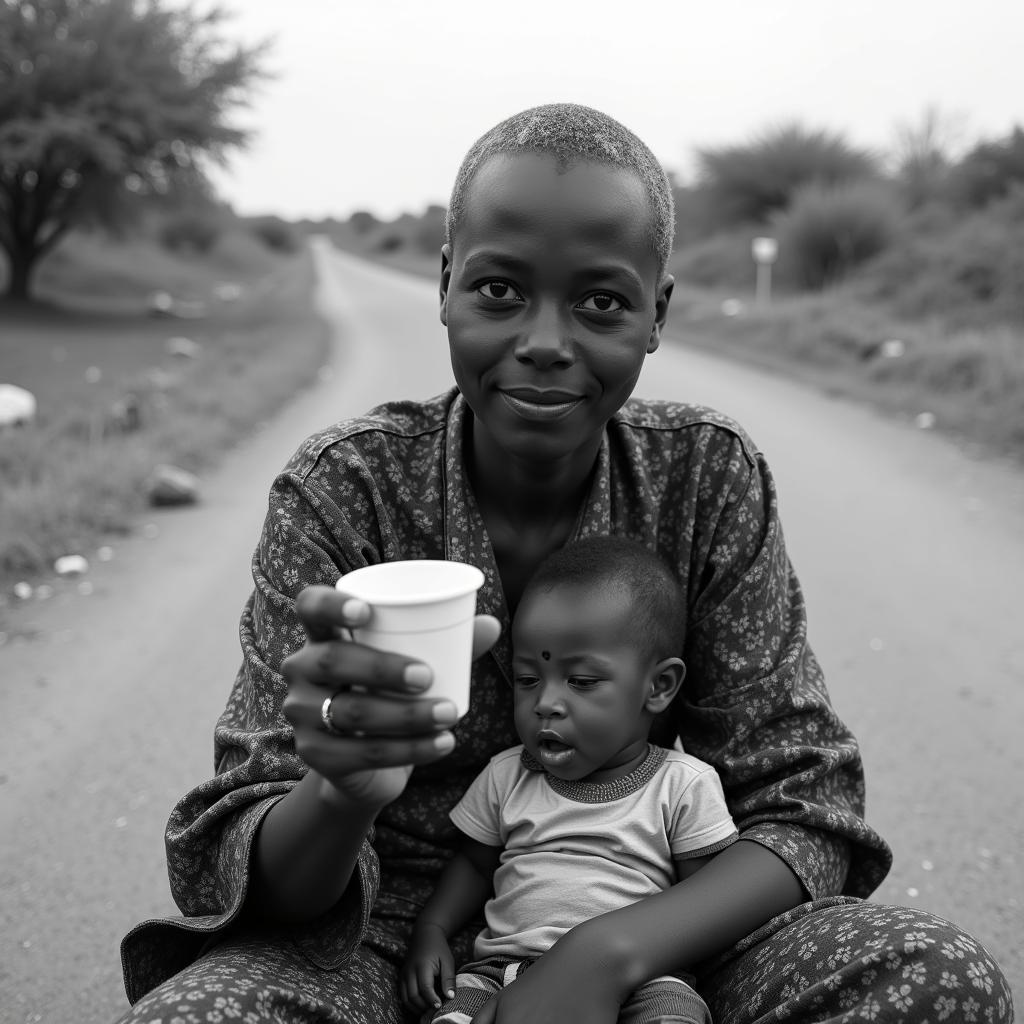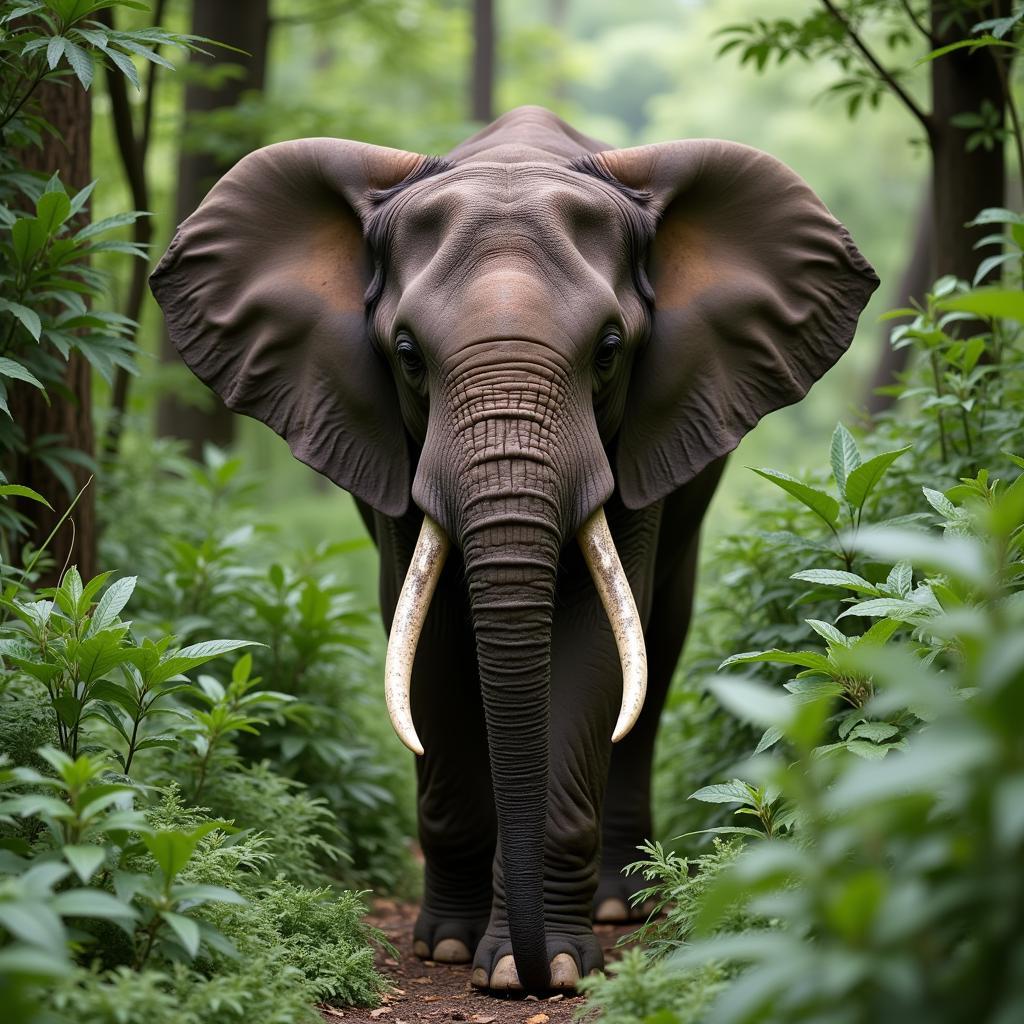African Cichlid Tank Mates: A Colorful Guide to Compatibility
Choosing the right tank mates for your African cichlids is crucial for maintaining a healthy and thriving aquarium. These vibrant fish are known for their beauty and active personalities, but they can also be territorial and aggressive. Understanding their temperament and selecting compatible species is key to avoiding conflicts and creating a harmonious underwater environment.
Factors to Consider Before Choosing African Cichlid Tank Mates
Before exploring specific tank mate options, it’s essential to consider the following factors:
- Tank size: African cichlids, particularly those from Lake Malawi and Lake Tanganyika, require ample swimming space. A larger tank can help diffuse aggression and provide territories for different species.
- Water parameters: Most African cichlids thrive in hard, alkaline water with specific pH and temperature requirements. Ensure any potential tank mates can tolerate these conditions.
- Cichlid temperament: Research the specific temperament of your cichlid species. Some are more aggressive than others, even within the same lake.
- Tank mate size and shape: Avoid tank mates that are significantly smaller than your cichlids, as they may be seen as prey. Similarly, fish with similar body shapes might trigger territorial behavior.
Compatible African Cichlid Tank Mates
Here are some suitable tank mate options for African cichlids:
1. Other African Cichlids
Believe it or not, some African cichlid species can co-exist peacefully. The key is to choose species from different lake regions or with distinct dietary and behavioral patterns. For example, you could consider pairing:
- Mbuna cichlids (Lake Malawi) with peacocks or haps: Mbuna are generally smaller and more rock-dwelling, while peacocks and haps prefer open water.
- Tanganyika cichlids from different habitats: Some Tanganyika cichlids inhabit rocky areas, while others prefer sandy bottoms. Choosing species with different habitat preferences can minimize territorial disputes.
Expert Insight:
“Mixing cichlids from different lakes is generally not recommended, as their water parameter requirements and behavioral patterns can differ significantly,” says Dr. Evelyn Nyerere, an aquarist specializing in African cichlids. “However, carefully selected species from the same lake can thrive together.”
2. Synodontis Catfish
These peaceful catfish from Africa make excellent tank mates for cichlids. Their scavenging nature helps keep the tank clean, while their armored bodies and nocturnal habits protect them from potential cichlid aggression.
- Upside-down catfish (Synodontis nigriventris): True to their name, these catfish often swim upside down, adding a unique element to the tank.
- Featherfin squeaker (Synodontis eupterus): With their attractive feather-like fins and peaceful nature, featherfin squeakers are a popular choice.
3. Large Plecos
Similar to Synodontis catfish, large plecos contribute to a clean tank environment by consuming algae and leftover food. However, choosing a large pleco species is crucial, as smaller ones may become targets for aggressive cichlids.
- Bristlenose pleco (Ancistrus sp.): While not as large as some other plecos, bristlenose plecos are peaceful and adaptable, making them suitable for some cichlid tanks.
- Common pleco (Pterygoplichthys pardalis): Reaching up to 20 inches in length, common plecos are large enough to co-exist with most African cichlids.
4. African Giant Snails
While not fish, African giant snails can make interesting and beneficial additions to African cichlid tanks. These snails graze on algae and detritus, helping to maintain water quality.
- Ivory snail (Achatina fulica): Known for their large size and beautiful ivory-colored shells, these snails are relatively peaceful and low-maintenance.
- Tiger snail (Achatina achatina): With their striking stripes and active personalities, tiger snails can add visual interest to the tank.
Expert Tip:
“When introducing new tank mates, it’s essential to do so gradually and observe their behavior closely,” advises John Mbwana, an experienced aquarist and cichlid breeder. “Quarantining new fish for a few weeks before adding them to the main tank can help prevent the spread of diseases.”
Tank Mates to Avoid
Certain species are not suitable tank mates for African cichlids due to their temperament, size, or other factors. These include:
- Small, peaceful fish: These fish are likely to be viewed as prey by larger, more aggressive cichlids.
- Slow-moving, long-finned species: These fish may trigger the cichlids’ predatory instincts or be susceptible to fin-nipping.
- Fish with similar dietary needs: Competition for food can lead to aggression and stress.
Conclusion
Selecting the right tank mates for your African cichlids involves careful research and planning. By understanding the temperament of your cichlids, choosing compatible species, and providing a spacious and well-maintained environment, you can create a thriving and visually stunning African cichlid community. Remember, a well-balanced aquarium not only showcases the beauty of these fascinating fish but also ensures their well-being for years to come.
FAQs about African Cichlid Tank Mates
-
Can I keep different types of African cichlids together?
Yes, but it’s crucial to choose compatible species, typically from the same lake region with different dietary and behavioral patterns. -
How many cichlids can I keep in my tank?
The number depends on your tank size and the specific cichlid species. A general rule is to allow 10 gallons of water per inch of adult fish length. -
What are some signs of aggression in cichlids?
Aggression can manifest as chasing, fin-nipping, lip-locking, or changes in coloration. -
Can I keep live plants with African cichlids?
Some cichlids are known to uproot plants. Consider using hardy species like Java fern or Anubias or creating a rock-heavy aquascape. -
How can I introduce new fish safely to my cichlid tank?
Quarantine new fish for a few weeks and rearrange tank decorations before introducing them to disrupt established territories.
For any assistance or inquiries, please contact us at +255768904061, kaka.mag@gmail.com or visit us at Mbarali DC Mawindi, Kangaga, Tanzania. Our customer support team is available 24/7.





